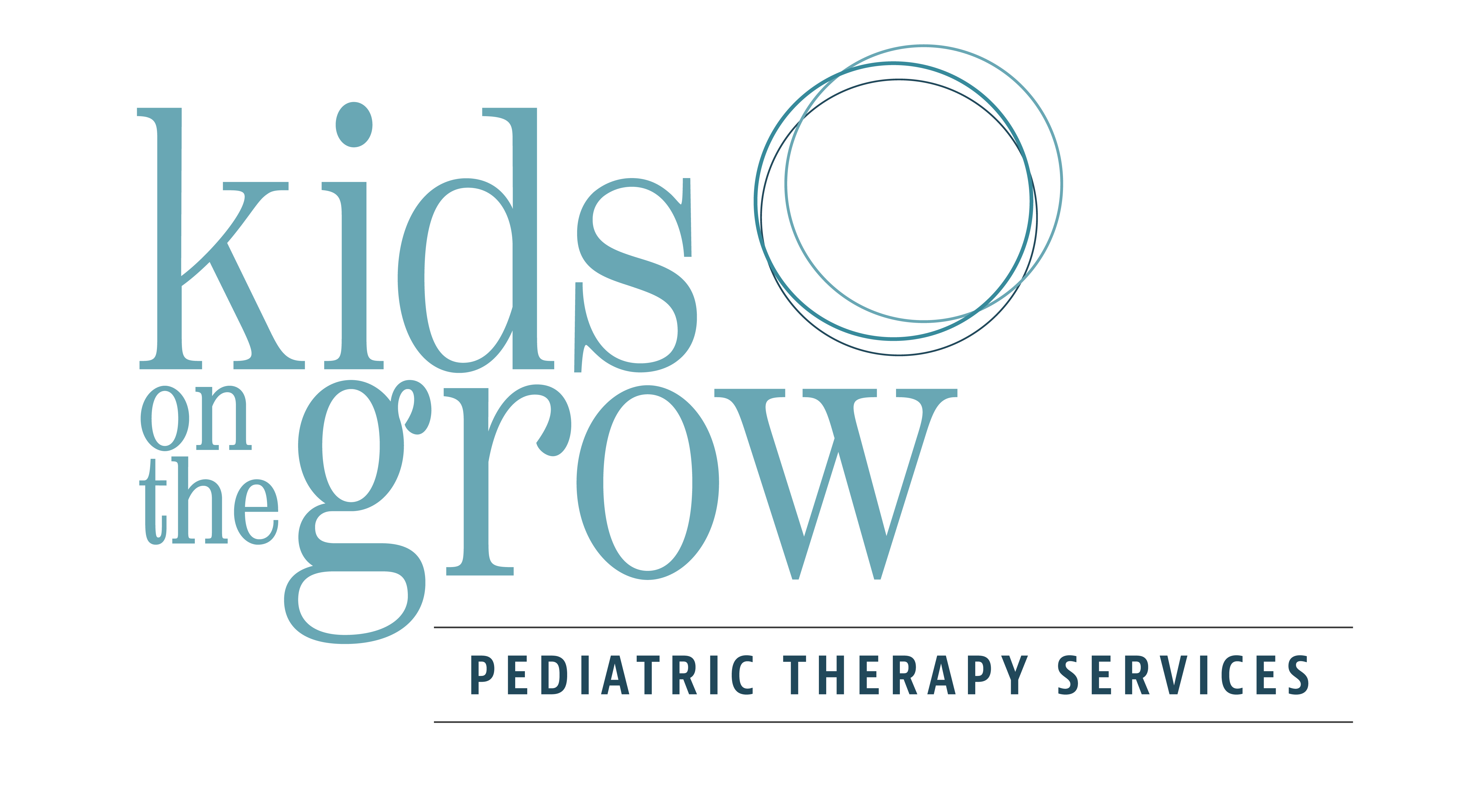Our Services
Speech-Language Therapy
Pediatric speech-language therapy services provide therapeutic support for children who are experiencing challenges with communication skills, articulation skills, language acquisition, feeding and swallowing problems, and oral motor strength and coordination. Speech, language and oral motor skills are integral parts of how your child interacts and communicates with others and how they understand their environment. These skills can also impact the areas of reading and writing. Speech-Language Pathologists address a variety of areas including language comprehension, language expression, auditory processing and listening skills, speech sound production, phonological development, voice, fluency, social communication, and oral motor skills and feeding skills.
Our pediatric Speech-Language Pathologists will design a personalized treatment plan to allow your child to achieve their goals and improve the quality of their communication skills as well as improve their ability to chew and swallow foods. This will give your child the best opportunity to reach their fullest potential.
- Apraxia
- Articulation Disorders
- Autism
- Cerebral Palsy
- Down Syndrome
- Developmental Delay
- Expressive Language Disorders
- Receptive Language Disorders
- Swallowing
- Food Aversion
- Cleft palate
- Fluency (stuttering)
- Oral Motor impairments
- Phonological Disorders
- Social communication
- Auditory Processing
Is your child:
- not yet imitating sounds or words?
- difficult to understand?
- having trouble with reading even with extra support?
- having frequent meltdowns or high frustration due to not being understood by others ?
- not using as many words as you feel they should?
- having difficulty speaking in certain places or contexts?
- having difficulty following directions?
Click here to reference speech-language, feeding, & social-emotional milestones.
Click here to reference cognitive milestones.
Occupational Therapy
Occupational therapy focuses on improving a child's ability to engage in play and learning, manage a variety of environments and experiences, and connect with others. Occupational therapy also addresses issues related to sleeping, eating, fine motor development, and other self-help skills such as dressing, using the bathroom, and bathing. Our pediatric Occupational Therapists will help your child in these areas through a blended treatment approach including sensory integration, biomechanical, and social-emotional/behavioral which will allow them to reach their highest potential.
At Kids on the Grow, our Occupational Therapists work with a variety of diagnoses including, but not limited to:- Sensory Processing Disorder
- Autism and ADHD
- Cerebral Palsy
- Hemiplegia
- Down Syndrome
- Feeding disorder
- Handwriting or typing difficulties
- Social-emotional/behavioral difficulties
- Developmental delay
How do I know when to refer to Occupational Therapy?
Does your child:
- Have a weak grasp?
- Have sloppy handwriting?
- Become upset when getting messy?
- Have difficulty with transitions?
- Tantrum more than other children their age?
- Have difficulty falling or staying asleep?
- Demonstrate aggression towards others or themselves?
- Constantly bump into things or fall?
- Bang their head or hit themselves when frustrated
- Seem like they are always "on the move" and cannot sit and attend to activities?
- Demonstrate increased pain tolerance?
- Have difficulty following adult direction?
- Demonstrate decreased confidence?
- Have difficulty relating to their peers?
- Become upset frequently and you don't know why?
Click here to reference fine motor, self-help, and sensory milestones.
Physical Therapy
What is Physical Therapy?Physical therapy examines a person's physical ability to move throughout their environment and to carry out activities of daily living. A pediatric physical therapist examines a child's muscle strength, muscle flexibility, posture and alignment, balance, quality of movement, motor planning and coordination, gait, and endurance. Our Physical Therapists will design a personalized treatment plan to provide support in areas needed to improve your child's ability to move through their home and school environments in a safe manner. This will allow your child to lead active and healthy lifestyles to their fullest potential.
At Kids on the Grow, our Physical Therapists work with a variety of diagnoses including, but not limited to:- Muscle weakness
- Hypotonia or hypertonia
- Down Syndrome
- Cerebral Palsy
- Hemiplegia
- Torticollis and plagiocephaly
- Developmental delay
- Various genetic disorders
- Seizure disorders including infantile spasms
- Autism
- Clubfoot (talipes equinovarus)
- Gait abnormalities including toe walking
- Kinesiotape and therapeutic taping
- Balance and coordination training
- Orthotic management
- Alignment and postural training
- Post Fracture
- Scoliosis
- Development and monitoring of personalized home exercise program
Does your child:
- Not meet developmental milestones on time such as rolling, crawling, or walking?
- Frequently trip, fall, or bump into objects?
- Seem clumsier than same aged peers?
- Have difficulty with jumping or hopping?
- Prefer to sit and play instead of participate in physical activities?
- Prefer to "w-sit"?
- Have a strong preference for turning their head to one side or using one side of their body?
- Walk awkwardly, such as on their tiptoes or with their toes pointed inward?
- Recovering from a broken bone or muscle injury?
Click here to reference gross motor milestones.
Feeding Therapy
What is Feeding Therapy?Eating is one of the most important and natural things we do, but also one of the most complex. Feeding Therapy is for children who struggle to eat due to a variety of reasons including picky or selective eating, difficulty managing, chewing or swallowing foods, food allergies, or underlying physiological issues. Our therapists' focus on improving your child's positioning during feeding, oral motor skills (drinking, swallowing, biting, chewing), self- help skills and acceptance of different tastes and textures so that eating is safe, nourishing, and enjoyable for your child. Depending on your child's specific needs, therapy may be lead by an occupational therapist, speech pathologist, or both.
How do I know when to refer to Feeding Therapy?Does your child:
- mouth non-food items excessively and/or overstuff their mouth?
- eat fewer than 20 different foods?
- refuse to eat entire categories or textures of food?
- cough, choke or gag when eating or drinking?
- have difficulty getting messy?
- have trouble gaining weight?
- Are mealtimes stressful for your family?

